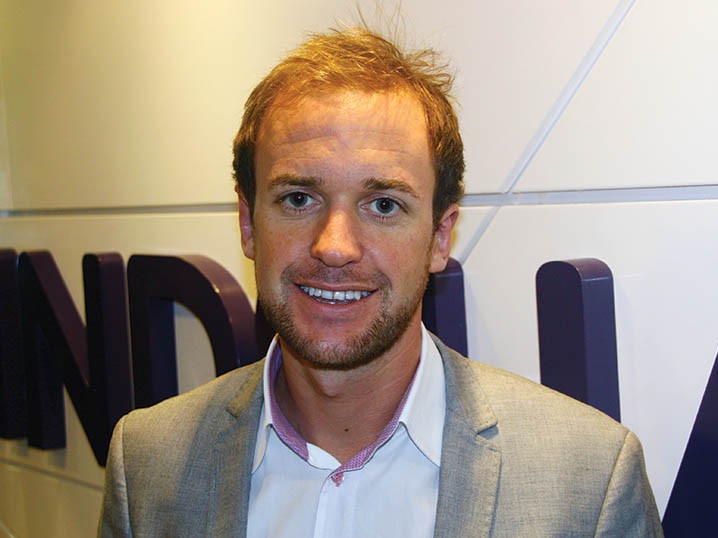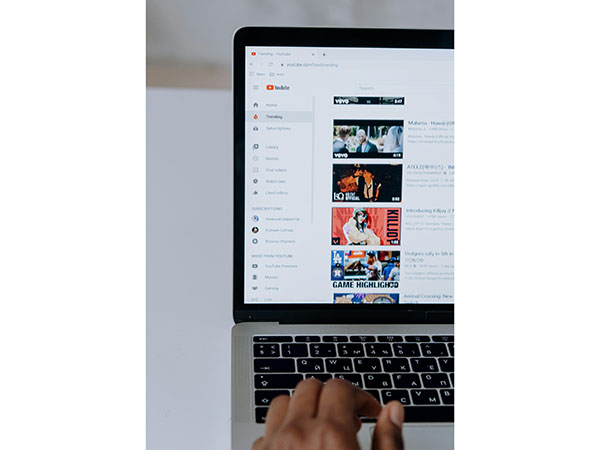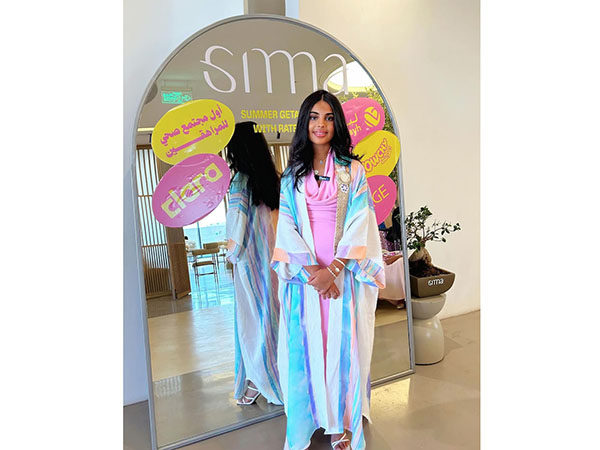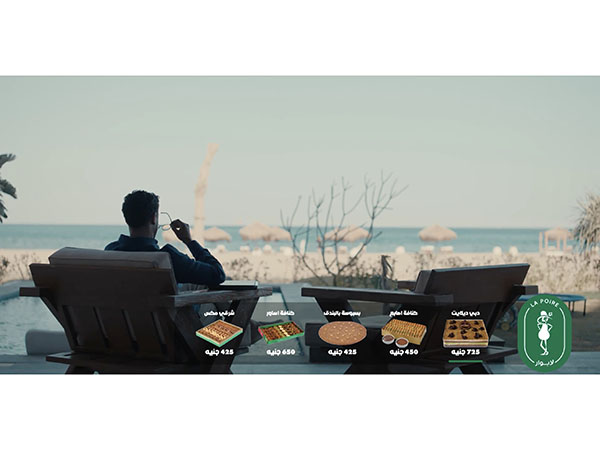News - Digital/Tech
Are Messenger Apps the Future of Social Media?
by Richard FitzGerald
February 26, 2014

How has this come about? We are increasingly communicating over the web through our mobiles. There are more messages sent using WhatsApp than there are text messages, and WeChat is similar to WhatsApp for the Chinese market. Look not at Google+ and other web-based social networks that rival Facebook: look at mobile-first platforms, where massive social-based communities are springing up on mobile applications. Instagram is one, and so is Snapchat, which was recently valued at $3 billion. Even Facebook refers to itself as a mobile-first platform.
There is research to suggest that teens are abandoning social networks for messenger apps. To test this, Mindshare conducted research in the Saudi Arabia market, and the results are interesting. Of 400 KSA residents, 30% of them say their favourite platform is WhatsApp, more than Facebook, Instagram and Twitter. Also, usage of WhatsApp has more than doubled in the past year, and, surprisingly usage of Facebook has decreased by 14%. With all our social media marketing efforts focused on the key players like Facebook and Twitter, are we missing a trick?
Up until now, brands have found it difficult to penetrate messages and chats between users. There are no ads on our phone calls save for cold calls, and a few ads via text messages. On social media, no ads appear in Facebook messages. When Twitter launched promoted trends, this was penetrating real user conversations like never before. What if brands could get a slice of the Instant Messenger pie on apps?
In May of this year, Blackberry announced the launch of BBM Channels, a social network based on the BBM platform for brands and users to communicate. It received some attention but was largely lost in the flurry of new updates from top-performing social networks in the months that passed, and was further impeded by continued downturn in fortunes of Blackberry’s position as a mobile handset provider in the marker.
That was until Blackberry finally opened up BBM this October. Previously for Blackberry owners only, the app became available in stores for IOS and Android platforms. The event sparked a flurry of activity: 10 million downloads in 24 hours to be precise. It climbed to the number-1 slot in free app downloads in 75 countries including many in the Middle East. Not only that, it garnered overwhelmingly positive reviews with 60,000 5-star ratings of 87,000 reviews on IOS. No small feat, but what does all of this mean?
What happens to monetisation? The apps are free on IOS and Android and are not coming with phones any longer, so advertising to the network would be the main source of revenue for Blackberry. With Facebook and Twitter showing increasingly strong revenue returns from advertising, there is no reason a similarly large network couldn’t share a slice of that pie.
The implications are huge: BBM immediately becomes one of the main messenger apps on IOS and Android 7, competing with Facebook Messenger, WhatsApp, WeChat, Voxer, and Viber. Is there room for another? Only time will tell. However let’s not forget that BBM was extremely popular on the Blackberry network – it is not starting from scratch. What might put it ahead of its rivals is the previously-mentioned BBM Channels.
For the first time, brands now have the chance to create a mobile-only channel with a readymade user base. This changes the game for Blackberry, who will no longer have to sell hardware to generate revenue. Their monetisation model is BBM Channels. Brands can now set up their own BBM Channel and have a one-to-one conversation with users.
When brands think about their mobile strategy, do they consider it an extension of their website and display activity, or do they think of it as an extension of their social media activity? Evidence suggests that they would have much success with a social-first approach to mobile.
Cleverly, this is how Blackberry is positioning BBM Channels, at that precise intersection between user conversation and brand communications for mobile-only. In theory, it works as the next big social network.

Richard FitzGerald is the director of social media at Mindshare UAE













